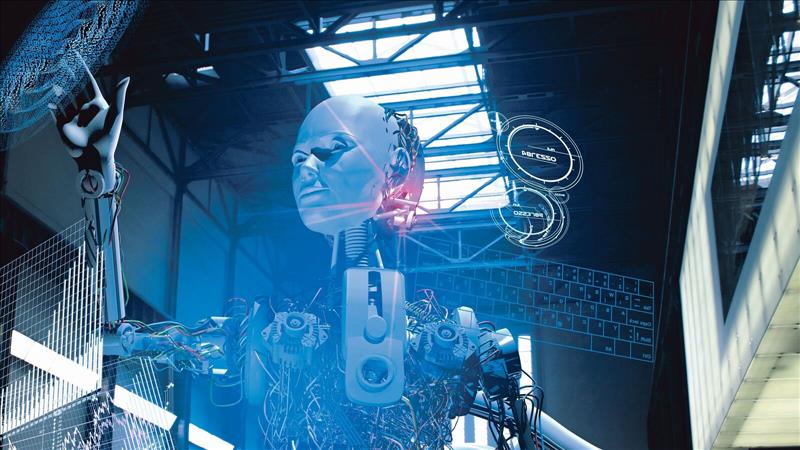
403
Sorry!!
Error! We're sorry, but the page you were looking for doesn't exist.
China Syndrome: Germany Keen To Expand Collaboration With Indian Startups
(MENAFN- Live Mint) "Berlin: German authorities are eyeing closer collaboration with Indian startups in mobility, health, energy and advanced materials among other fields, said a German government official, after regulatory and political troubles with China led to a shift in focus toward India's harsh covid-era restrictions also proved an obstacle to German firms, said the official city of Berlin, a leading hub for German startups, is particularly interested in building collaborations with Indian startups. AsiaBerlin, an initiative set up and funded by the government of Berlin, will send a delegation of German startups to India for collaborations with the Indian startup ecosystem delegation of startups will visit New Delhi and Bengaluru and is expected to participate in the Bangalore Tech Summit. Under a similar programme, the Berlin government hopes to send more founders and research institutions to India next year in an effort to deepen collaborations between the startup ecosystems programme has led to several German companies eyeing a presence in India while Indian startups in mobility and robotics are looking to establish a presence in Germany. These efforts are also being supported by the Indian and German governments, the official also stated that regulatory troubles as well as paperwork remain a problem for German firms looking to break into the Indian market moves, while motivated by commercial logic, also come as part of a broader rethink on Germany's dependence on China was Germany's top partner for trade in goods in 2022 with a trading volume of around 300 billion euros. However, concerns over human rights and Beijing's assertive foreign policy prompted Berlin to release its first China strategy this year.“For Germany, China remains a partner, competitor and systemic rival. In the last few years, however, the systemic rival aspect has come more and more to the fore. So we don't need to look hard to see that China has changed. Anyone who listens to China knows how self-confidently it will exert crucial influence on developments in our world – more repressively at home, more assertively abroad. China has changed, and so we need to change our approach to China,” explained German foreign minister Annalena Baerbock in a 2023 speech strategy calls for“de-risking” and reducing Germany's economic dependence on China. It also backs“anti-coercion” instruments that would protect European countries from coercive economic tactics and tariffs often used by China part of this, Germany is committed to a strategy of diversification by building closer ties with Indo-Pacific nations, including India. Bilateral trade between India and Germany touched 21 billion euros in 2020-21 writer is in Berlin at the invitation of the German Federal Foreign Office.
Legal Disclaimer:
MENAFN provides the
information “as is” without warranty of any kind. We do not accept
any responsibility or liability for the accuracy, content, images,
videos, licenses, completeness, legality, or reliability of the information
contained in this article. If you have any complaints or copyright
issues related to this article, kindly contact the provider above.


















Comments
No comment